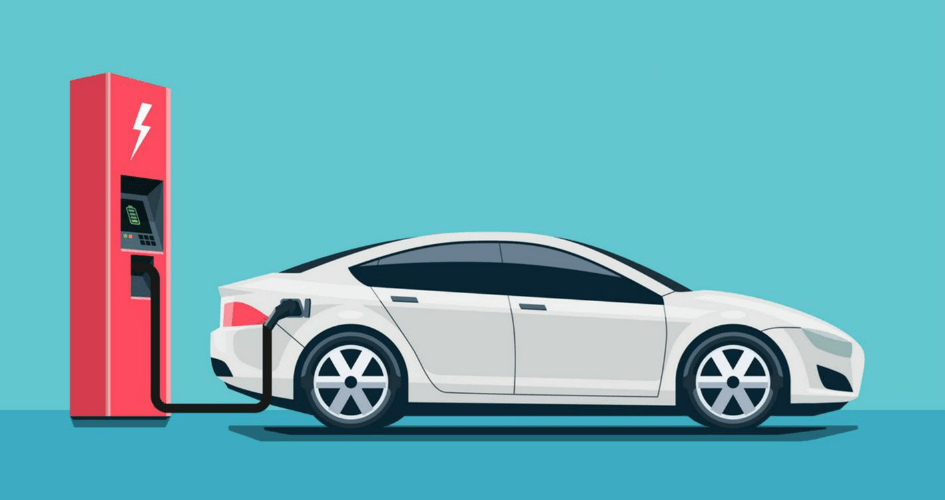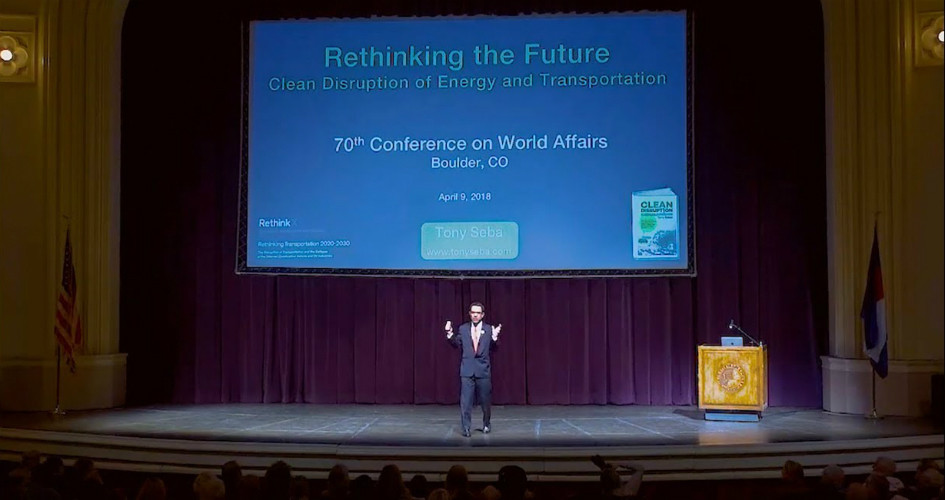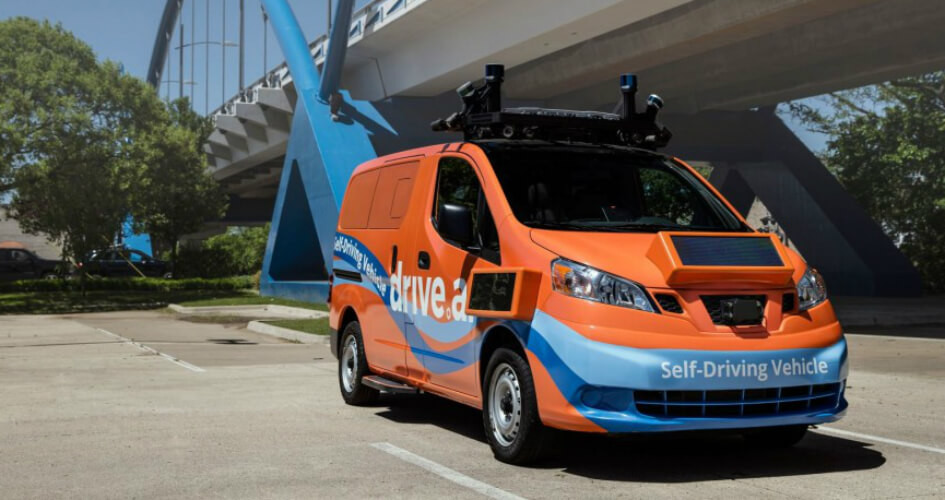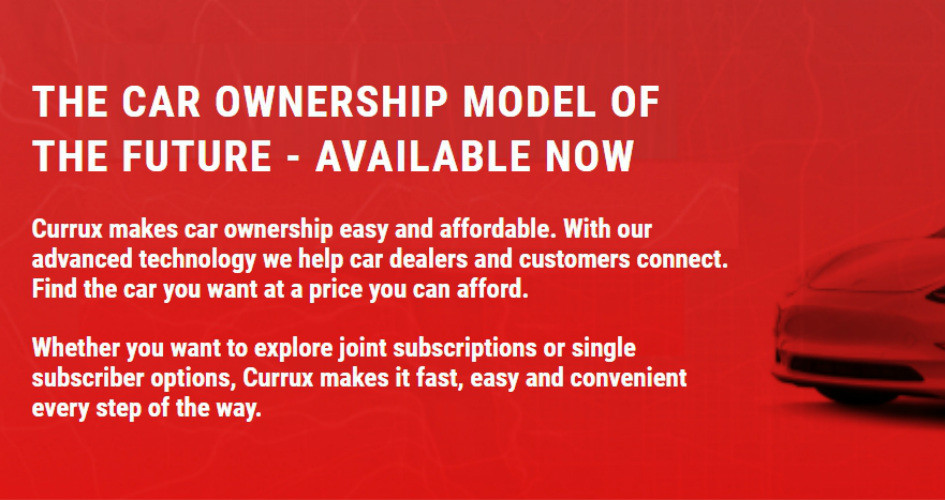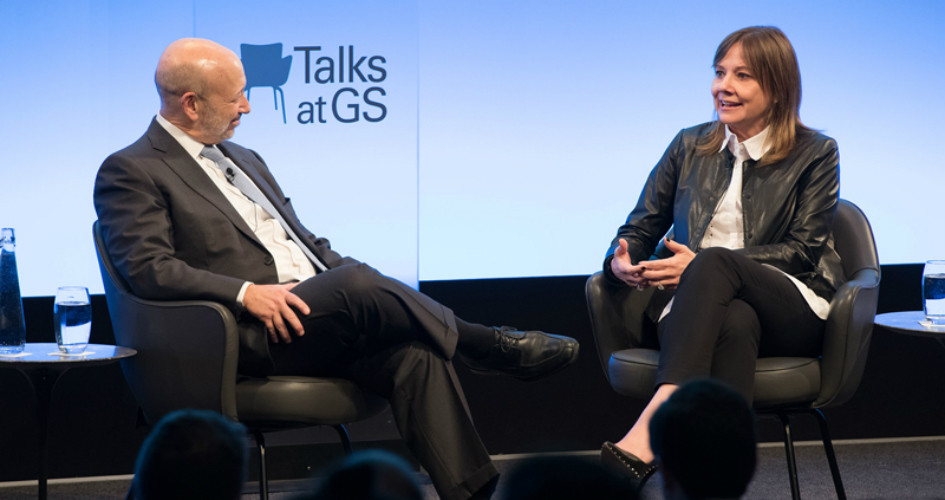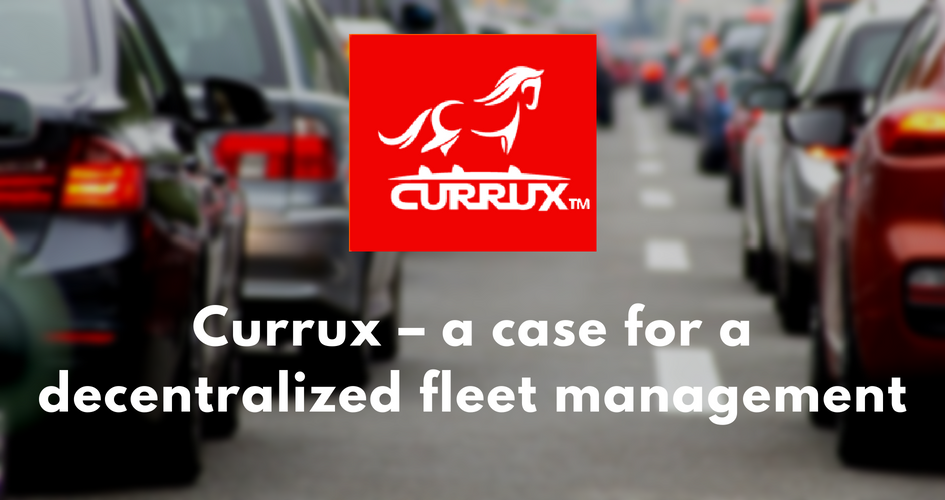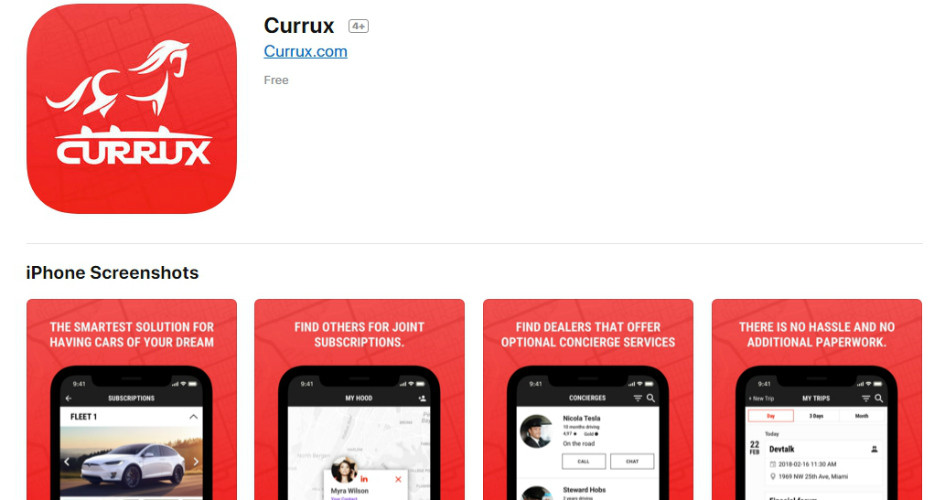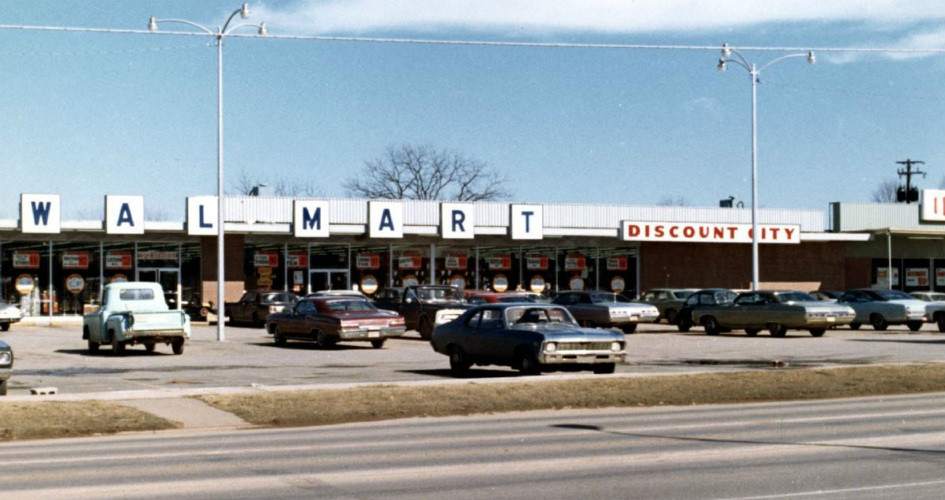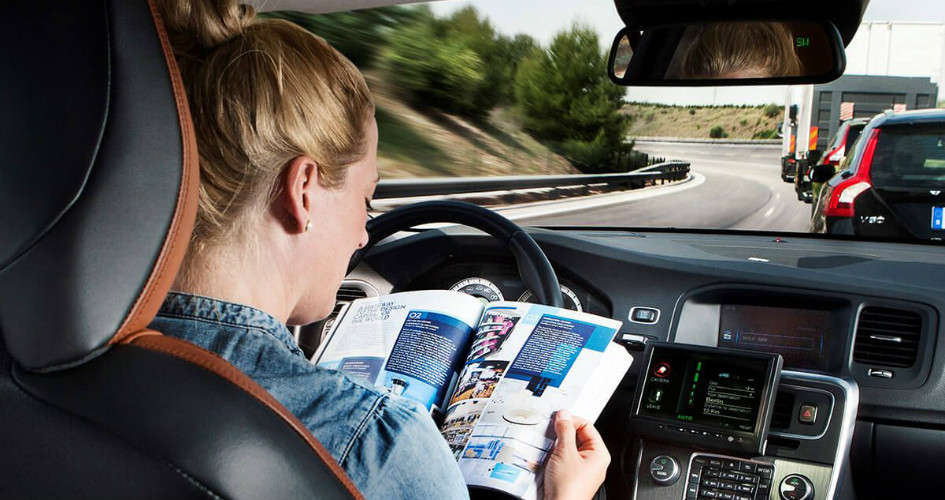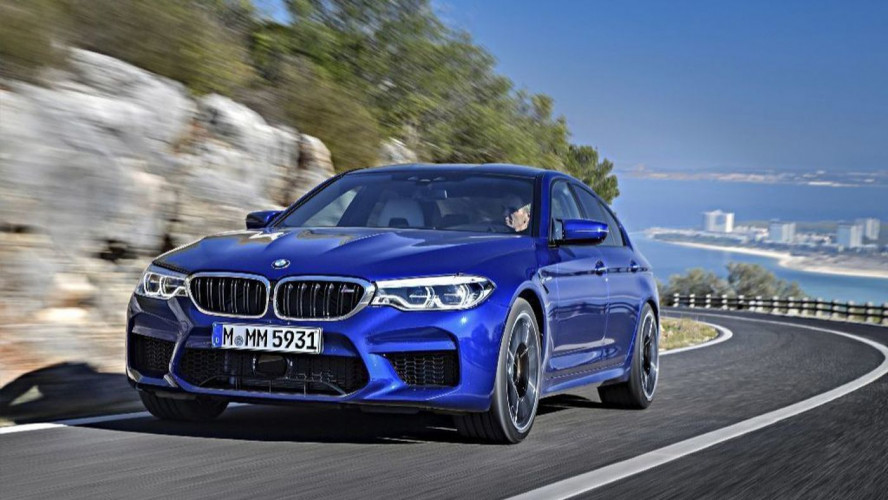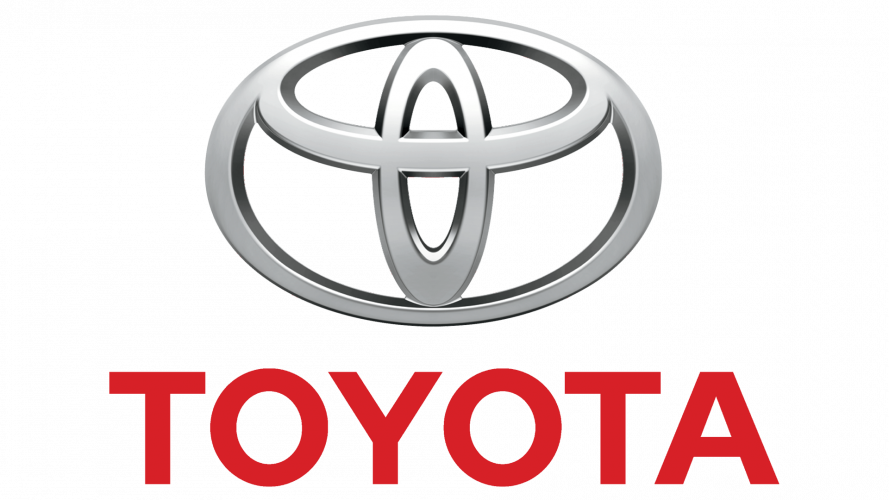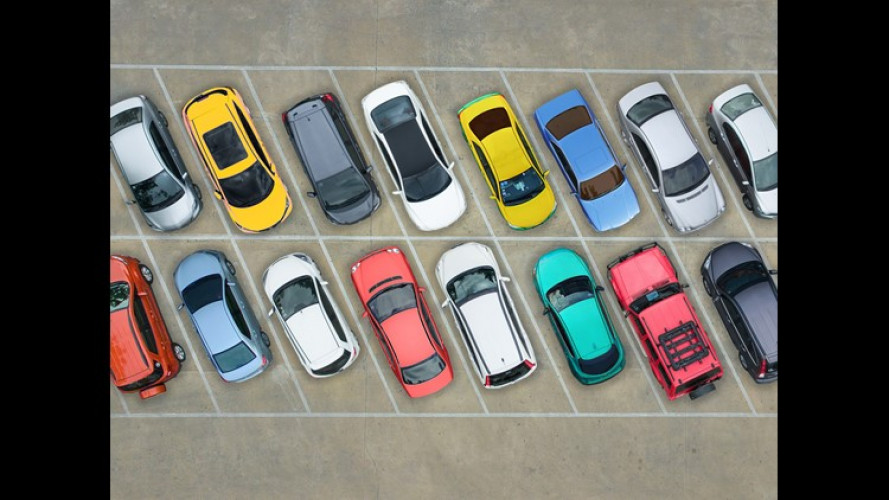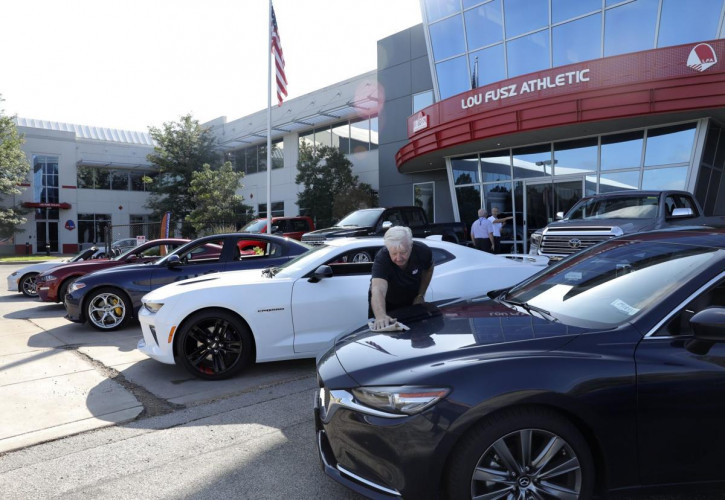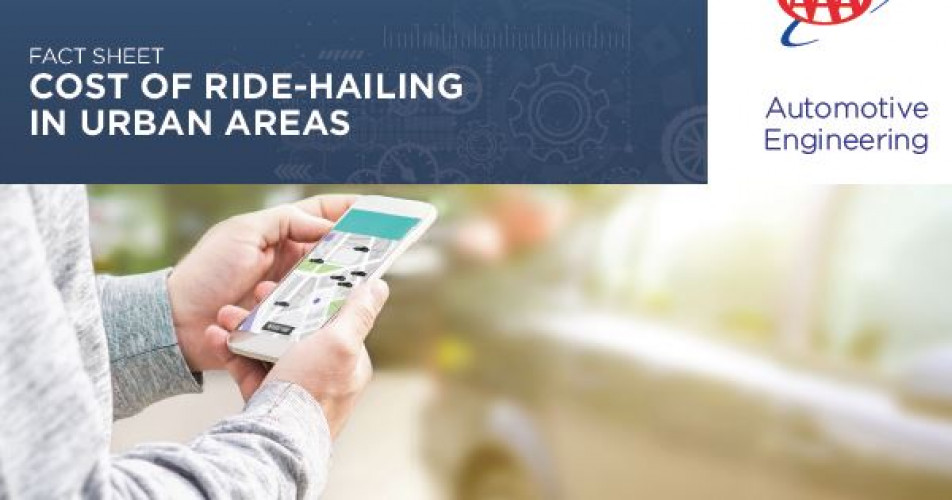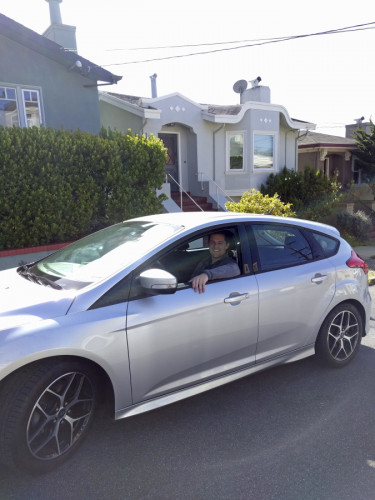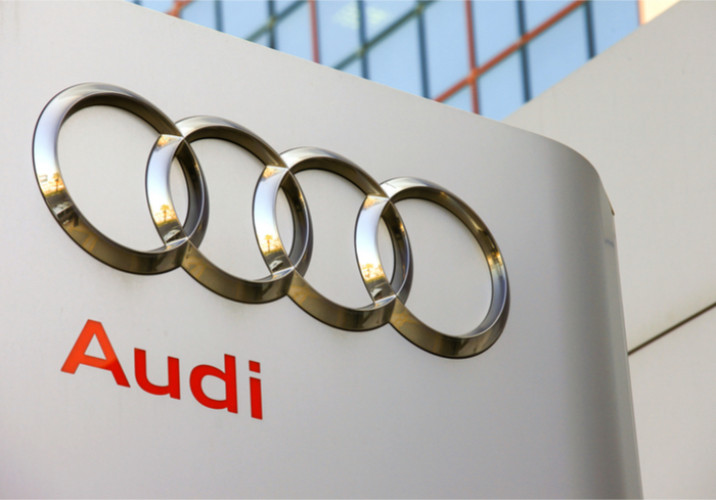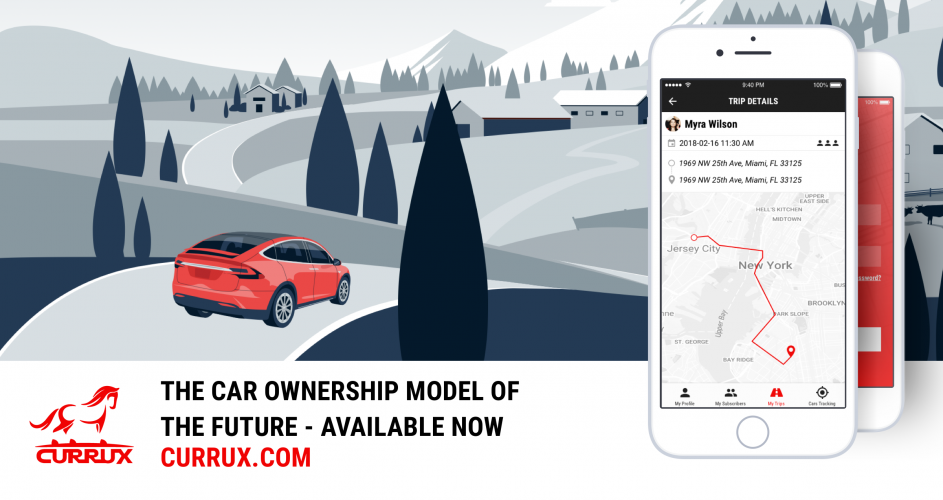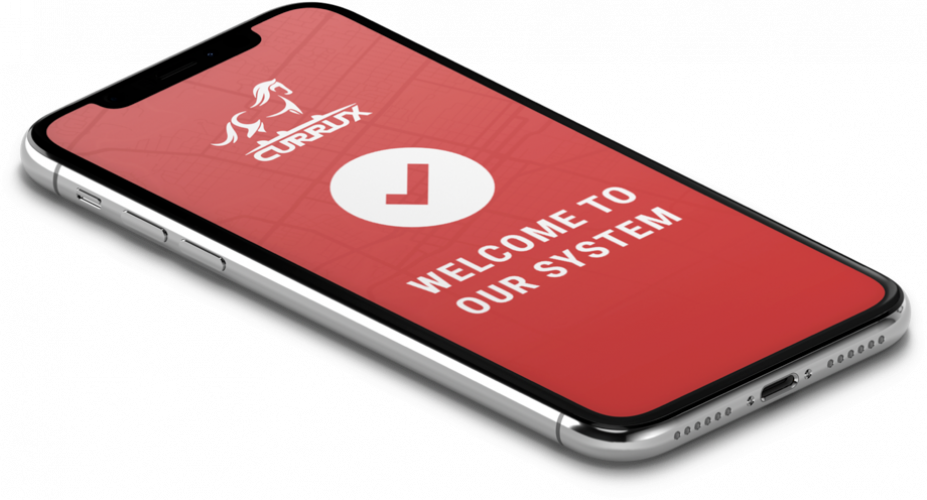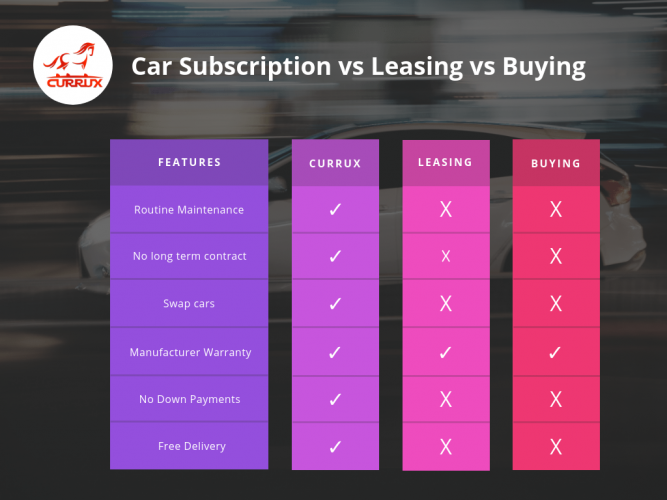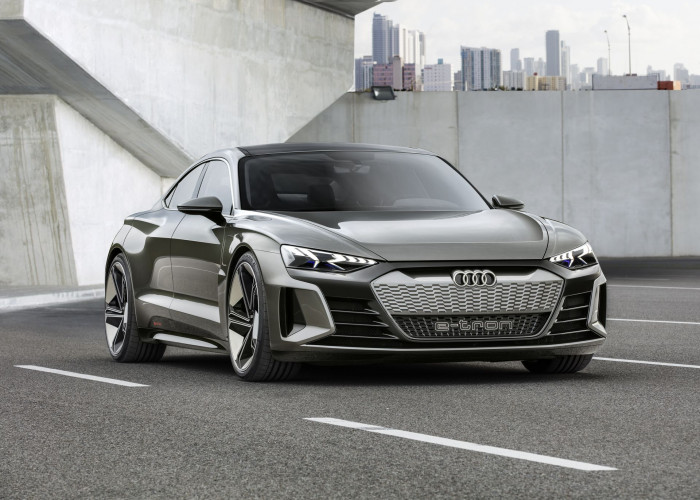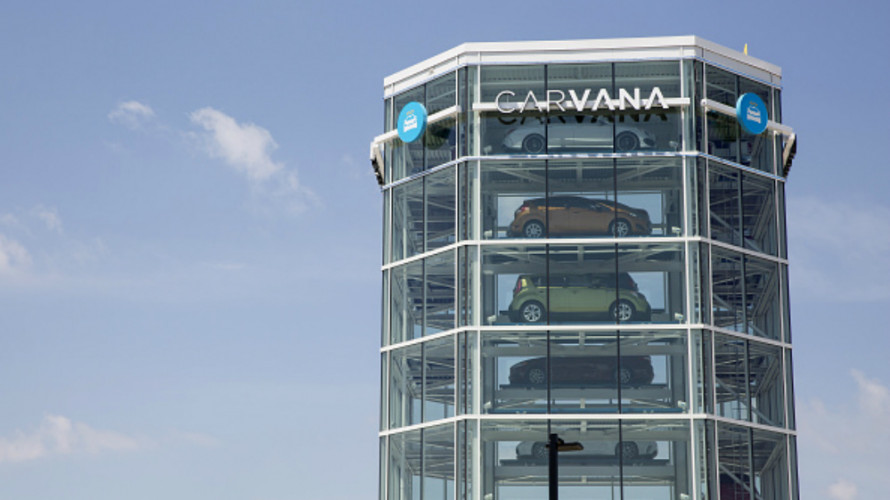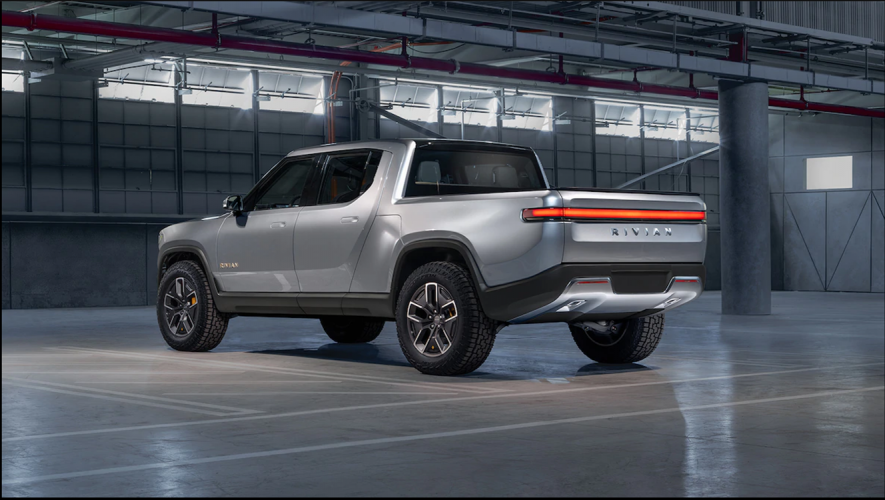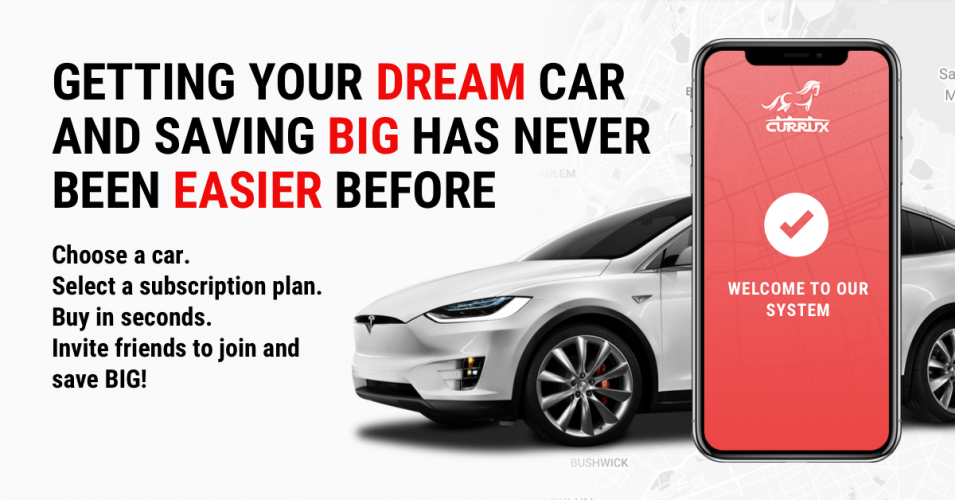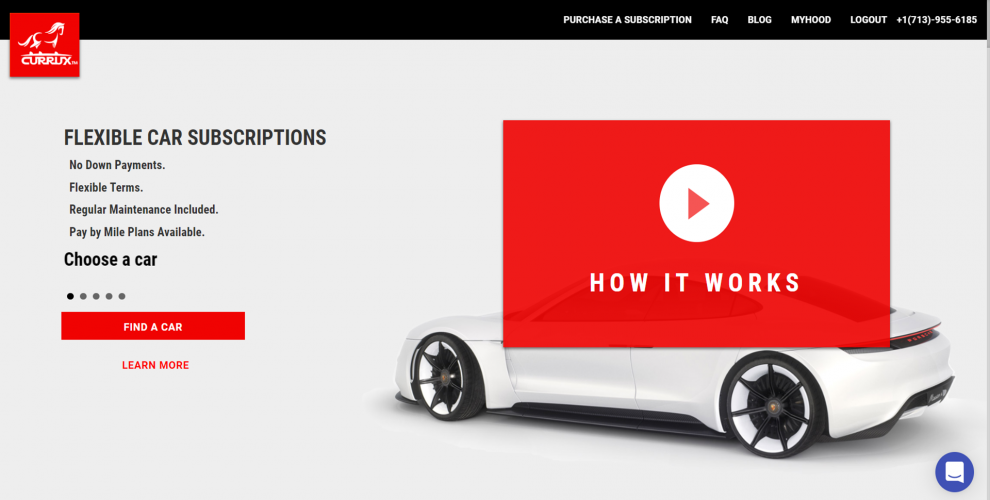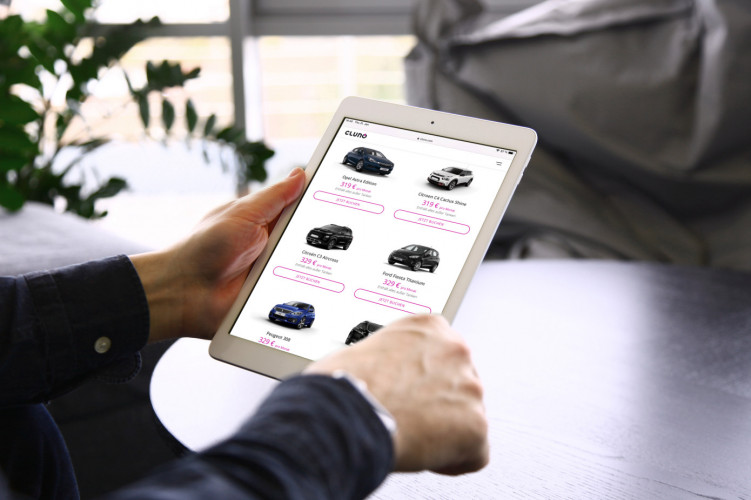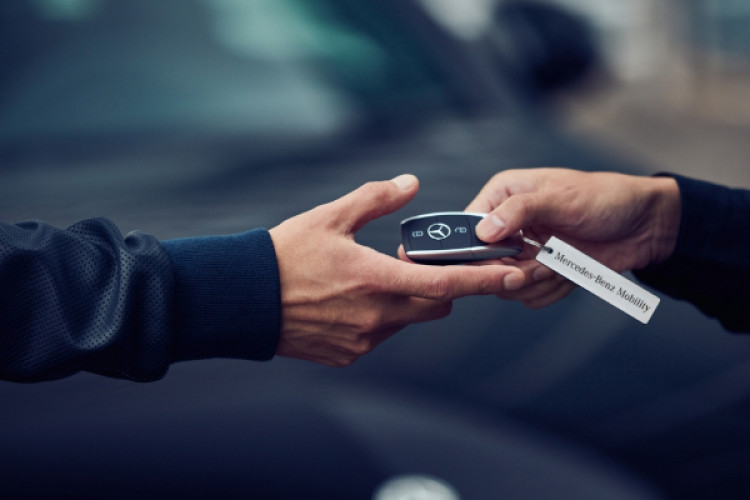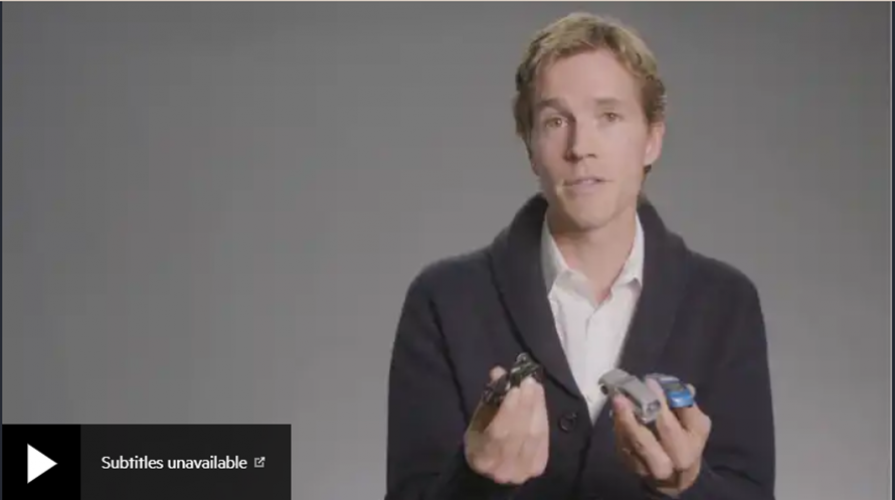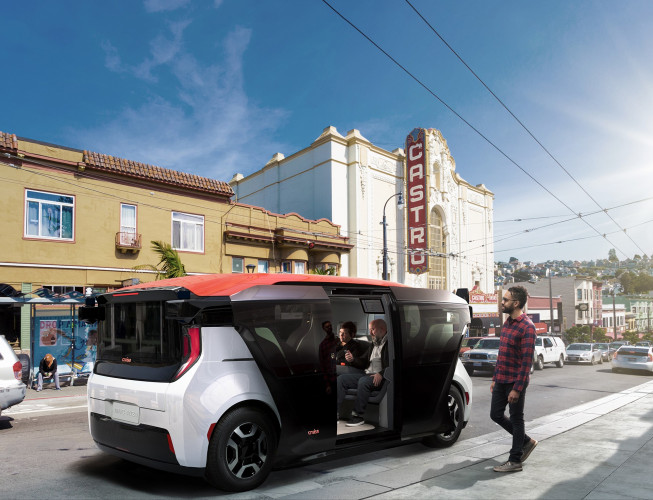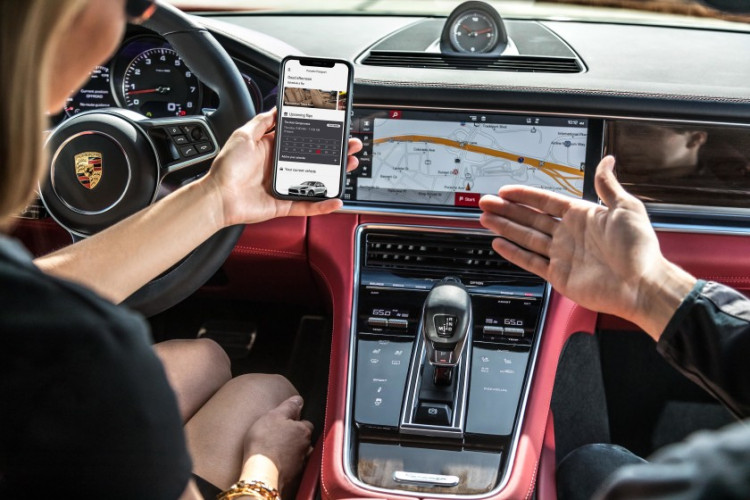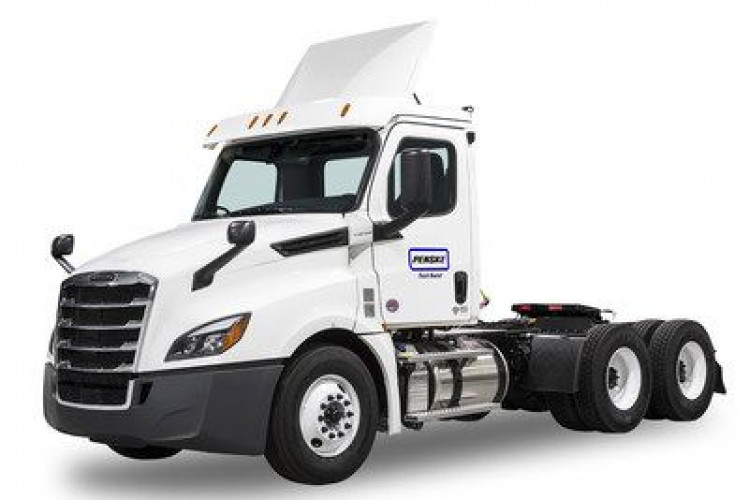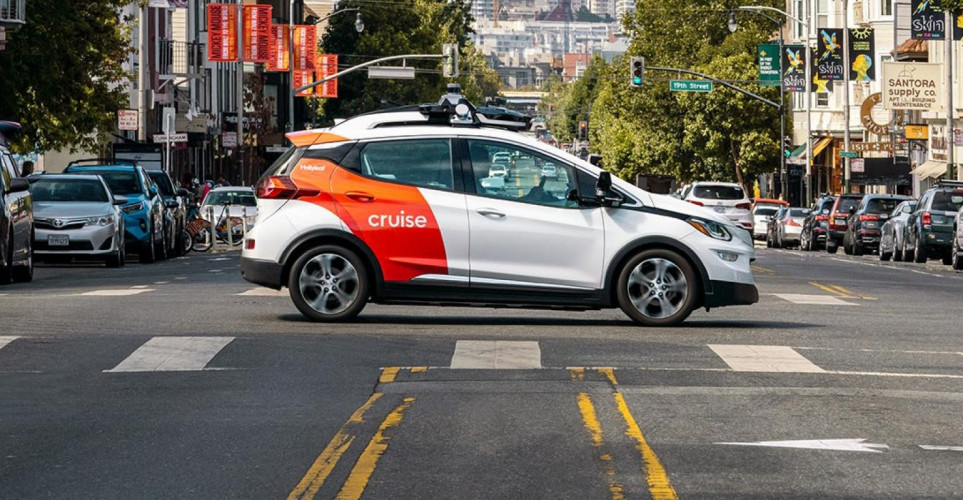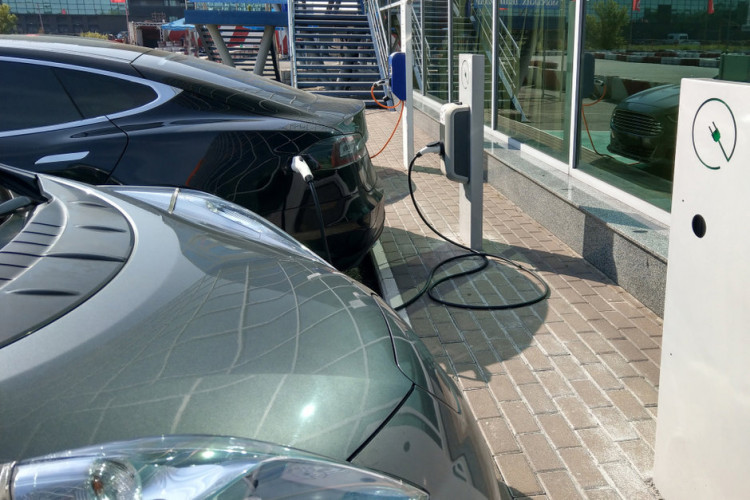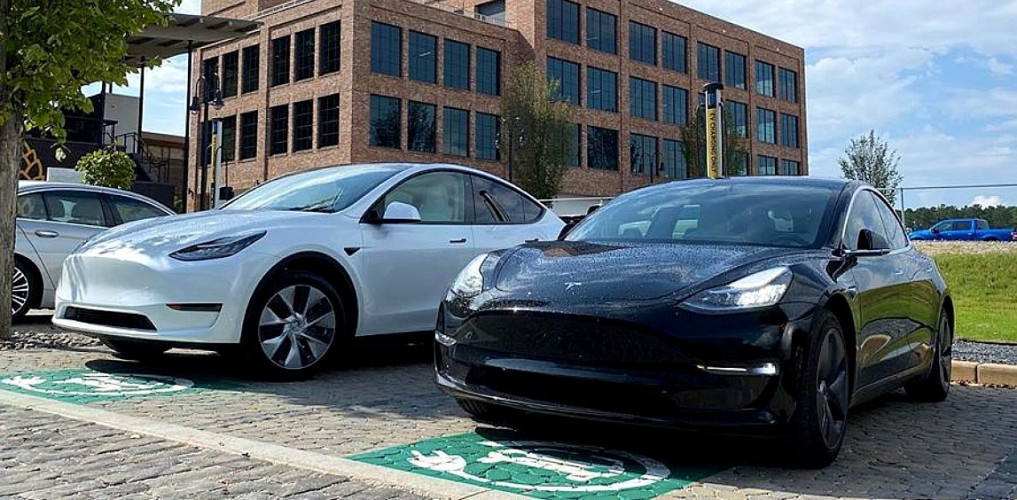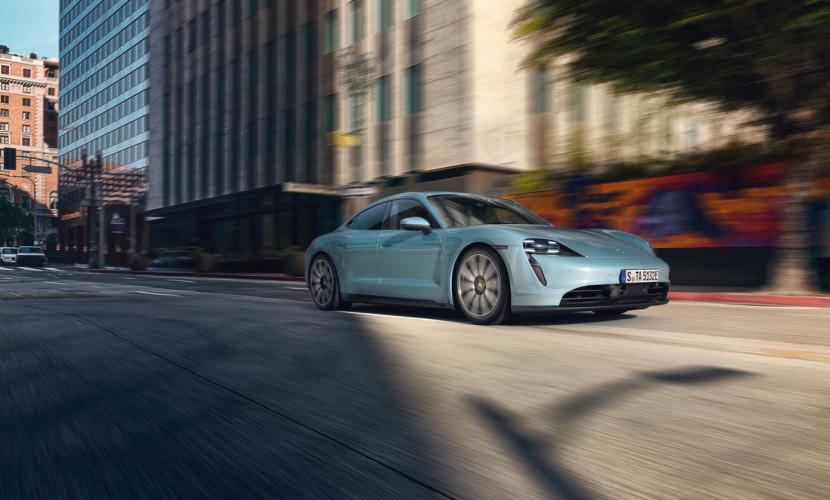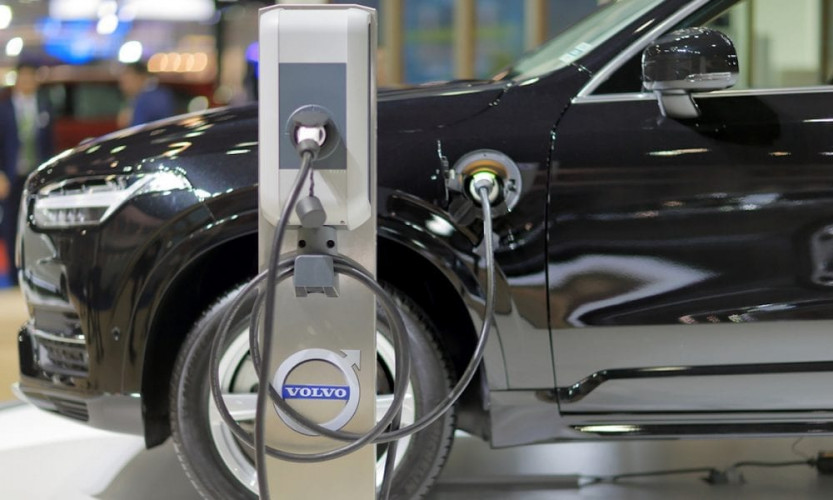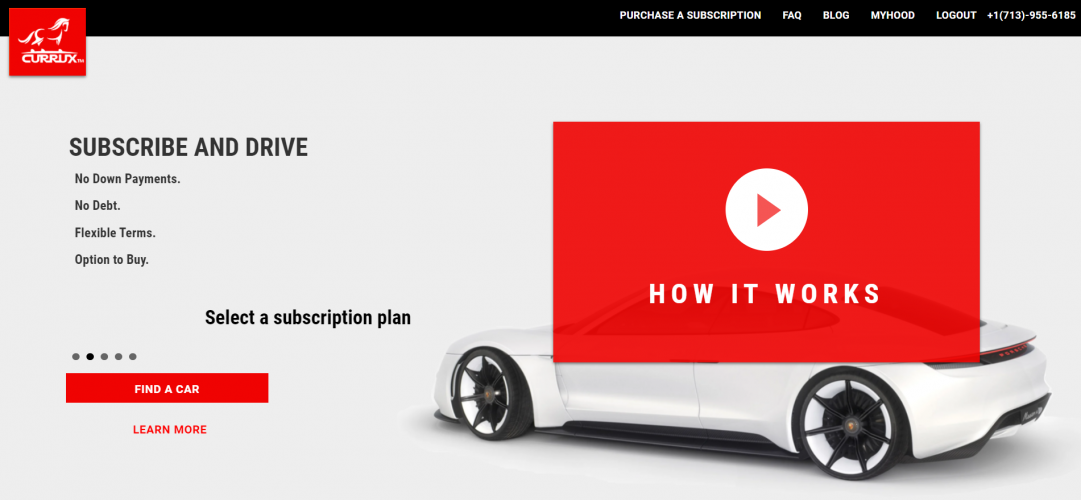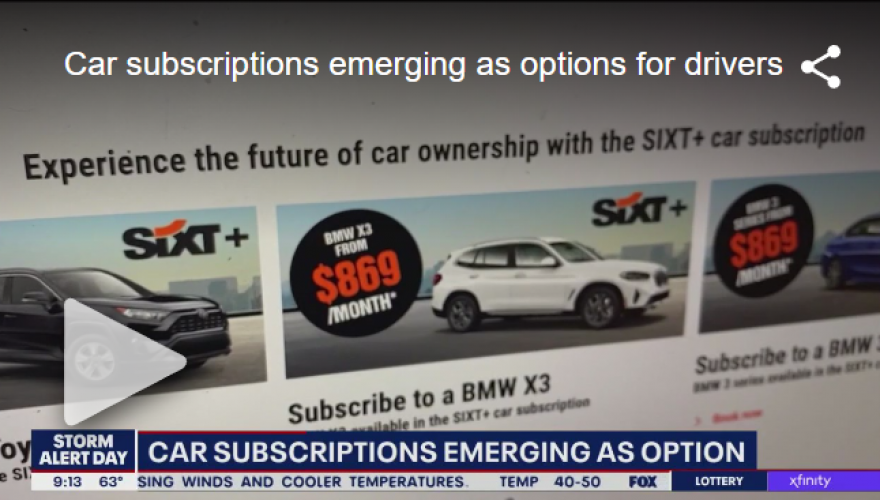To explain the appeal of used car leasing, I need look no further than two trends: the growing pool of good quality used vehicles and the consumer quest for reasonably priced, solidly performing cars. Add to this two major benefits: a lucrative new revenue stream for vehicle leasing providers and consumer access to high quality cars at more affordable rates. Honestly, what’s not to like?
Its little wonder then that used car leasing is well on track to becoming a $6.4 billion market in Europe by 2030, with the region’s top vehicle leasing providers hard at work setting up dedicated remarketing divisions to sell their used, off lease cars directly to end-users (B2C). This marks a clear departure from the past where off lease vehicles typically tended to be sold indirectly through B2B channels like auction houses and brokers.
Market leader LeasePlan kick-started the trend in late 2017 with CarNext, allowing customers to buy or lease its off lease vehicles through this B2C channel. Not to be left behind, Arval, Alphabet, ALD and PSA also leapt into the fray, introducing similar offerings in Belgium, the Netherlands, France, Germany, Finland and the U.K.
The key trigger for used car leasing has been the emergence of a new generation of vehicles that have better performance standards and greater durability. This is reflected in the longer warranty periods for today’s cars; current warranty terms stretch up to 7 years compared to the 2-3 years of a decade ago. Companies are now looking to capitalize on the extended life cycle of these vehicles through second leases.
Today, it costs much less to lease a used car with features similar to that of a new car in an operational leasing format. If that isn’t enough of a draw, there’s also the fact that used car leases include all the standard features of an operational lease, starting from maintenance cover, which lowers the probability of breakdowns, backed by 24/7 emergency support. The inclusion of residual cover means that remarketing hassles are avoided while the provision of a replacement car in case of prolonged maintenance issues is geared to winning over even the most hardened sceptic.
In Western and Northern Europe, monthly lease rates for the operational lease of a used car are lower by up to 34.0% when compared to a new car of the same model. However, in Southern and Central Eastern Europe, the price difference is currently as low as 15%.
In these and some other regions where the difference in monthly lease rates is not significant, buyers are more likely to opt for newer vehicles. However, tightening emissions norms and higher car taxes are set to push up the overall total cost of ownership of new cars, widening the price gap between new and used vehicles. Such regulatory factors are likely to upset the current balance, tilting it in favor of used car leasing.
Treading Past Challenges
Understandably, consumers remain apprehensive about higher maintenance risks and residual value estimation. Used car leasing providers have been quite resourceful in this regard, seeking to alleviate such concerns through a careful selection of their vehicle pool.
An inventory of vehicles aged less than four years coming off leasing contracts and demo vehicles from dealerships are perceived as being ideal. I believe there’s a simple reason for this; these vehicles have clear records related to usage, mileage, accidents and repair.
Flexible contract terms add to the popularity of used car leasing.
Leasing providers also face the challenge of expanding their customer base. Among their many inventive responses has been to introduce flexible contracts, featuring shorter contract durations (3-6 months) and the option to swap the vehicle.
Meanwhile, used car leasing is viewed as being a low profit margin business due to the higher administrative effort involved. To generate the same amount of revenue, corporate leasing requires relatively lower administrative effort.
Digitization of the entire customer purchase experience is now yielding gains on this front. Companies have already embraced robust online quote generators, online credit checks, and e-contracts to reduce their administrative burden and streamline processing times.
For instance, LeasePlan facilitates 90% of its CarNext business online. Its CarNext mobile app, introduced in 2019, targets short-term used car leasing in the Netherlands, Portugal and Spain, allowing customers to avail of doorstep services.
Companies are chalking out their own route in this evolving space. In 2018, large Belgian car dealership D'Ieteren Auto launched a start-up – Lizy - to offer flexible leasing of used cars in Belgium. In an exclusive interview with Frost & Sullivan, the company’s CEO Sam Heymans indicated that by sourcing off lease vehicles from parent company D'Ieteren Lease, Lizy has been able to maintain quality standards. Operational costs have been rationalized and prices kept competitive through a division of labor: Lizy manages the digital platform to on-board customers and D’Ieteren manages the vehicle contracts. Moreover, flexible contracts have ensured that contract terms can be easily adapted to meet the needs of target customers like SMEs and entrepreneurs.
Residual value estimation is another black cloud in the sky. Strict emission laws threaten the prospects of used car leasing in certain parts of Europe by making it harder to predict residual values. This is likely to discourage service providers from offering operational leases for used cars since it saddles them with the responsibility of disposing the 6-8 year old car after the termination of the second lease term.
Nevertheless, electric vehicles are seen by some participants as offering strong market potential over the next 2-3 years. Also, service providers are overcoming weak domestic demand for used car leasing of certain models by leasing them in countries with relatively relaxed car polices. For instance, Bil i Nord, a large dealer in the Nordic region, imports used Volvo cars from Sweden and sells them in leasing formats to individuals in Norway.
B2B Isn’t Going Anywhere
I believe that global leasing company will continue to bolster their B2C channels by launching/strengthening their dedicated remarketing divisions. The advantage of being able to access service, maintenance & repair (SMR) records of their off lease vehicles allows leasing companies to better predict maintenance concerns and residual values. This will inform the expanding operational leasing portfolios of LeasePlan’s CarNext, ALD’s Origin, PSA’s Spoticar and FCA’s Clickar.
Simultaneously, leasing companies will continue to expand their partnerships with auction houses and online marketplaces like Auktion & Markt, AutoScout24 and Autowereld. Indeed, it is unlikely that B2B remarketing channels will be neglected anytime in the near future as global leasing companies still lack local expertise in most markets.
While the introduction of used car leasing certainly represents a new and exciting revenue stream for fleet leasing companies, I do think the jury is still out on how profitable this channel will be in comparison to B2B remarketing.

